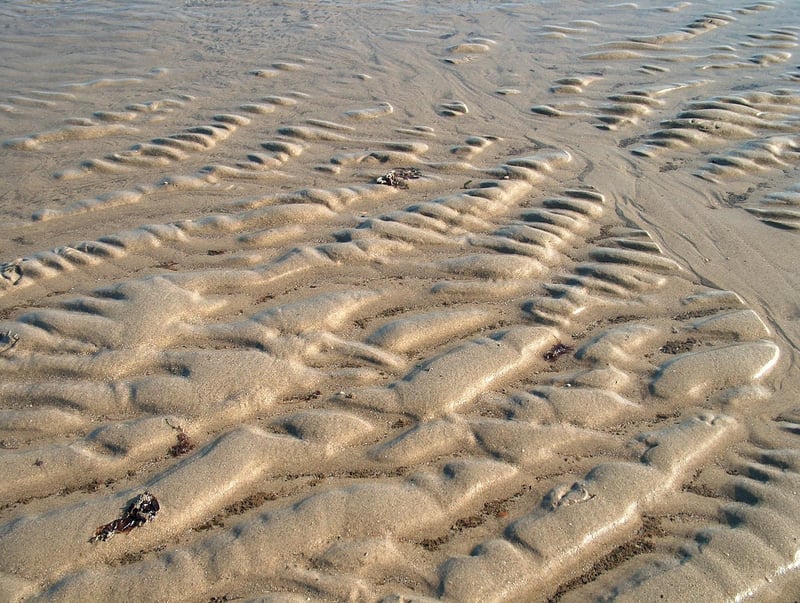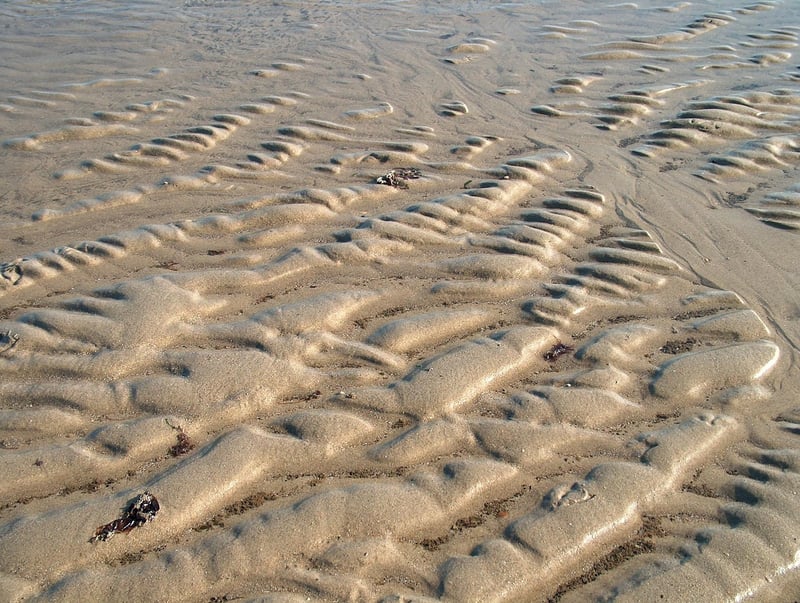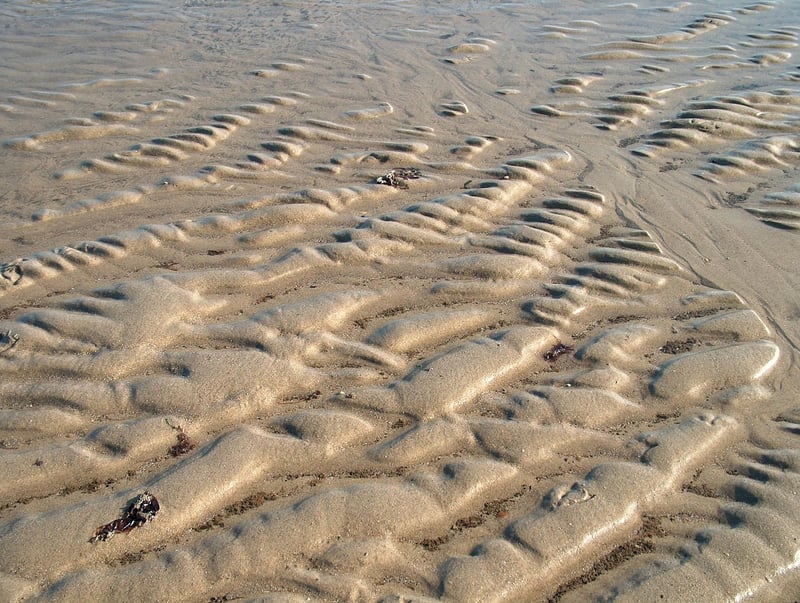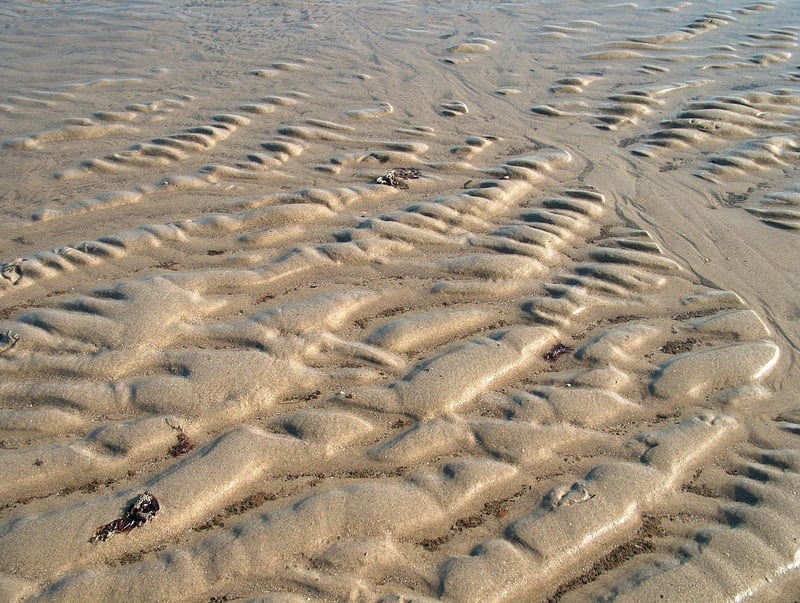Future Exploration
Exploring Different Eras and Future Exploration
Introduction
Human history is a tapestry woven with the threads of various eras, each unique in its characteristics and advancements. From ancient civilizations to modern times, the journey of exploration has shaped our understanding of the world and beyond. Let's delve into the different eras of exploration and look ahead to the future of exploration.
Ancient Exploration
Ancient civilizations like the Egyptians, Phoenicians, Greeks, and Romans were pioneers in exploration. They navigated the seas, mapped territories, and established trade routes that connected distant lands. Their adventurous spirit laid the foundation for future explorers.

Age of Discovery
The Age of Discovery in the 15th to 17th centuries saw European explorers like Columbus, Magellan, and Vasco da Gama setting sail to chart unexplored waters. Their voyages led to the discovery of new continents, trade routes, and cultures, expanding the known world.

Modern Exploration
Modern exploration in the 19th and 20th centuries witnessed expeditions to the poles, space exploration, deep-sea diving, and the mapping of the Earth's surface. Innovations in technology and transportation revolutionized how we explore and understand our planet.

Future Exploration
The future of exploration holds exciting possibilities with advancements in space travel, deep-sea exploration, and digital mapping technologies. Humans are setting their sights on Mars, the deep oceans, and even beyond our solar system, pushing the boundaries of what is possible.

Conclusion
Exploration is ingrained in the human spirit, driving us to seek new horizons and expand our knowledge of the world. As we reflect on the different eras of exploration and look towards the future, one thing remains constant – the unquenchable thirst for discovery that propels us forward.
Let us continue to explore, innovate, and push the boundaries of what is possible, for the journey of discovery knows no bounds.
